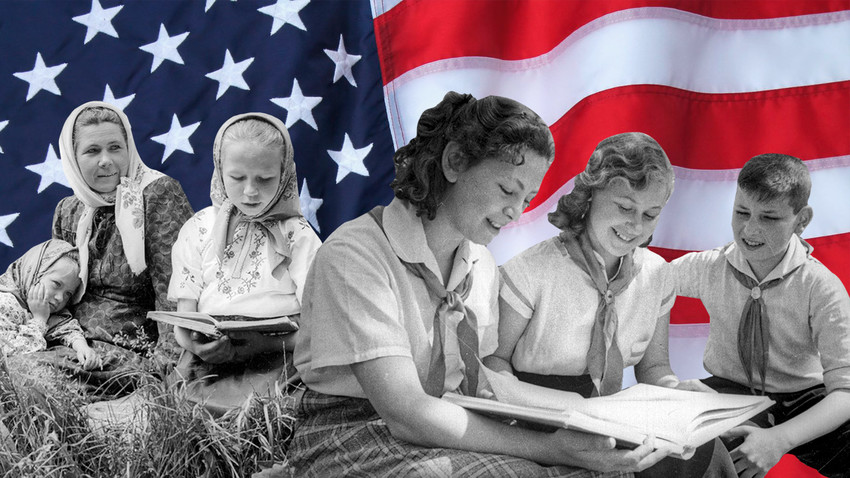
Russians are a reading nation and they know the classics of American literature, such as short stories by Edgar Allan Poe, J. D. Salinger’s The Catcher in the Rye, Ernest Hemingway’s Old Man and the Sea, and Herman Melville’s Moby Dick. You might be surprised how well Russians know the following authors and their books. As the U.S. becomes a highly diverse society, the literary canon is changing to reflect those tastes, and this means that many American classic novels are being ignored and forgotten. But not in Russia!
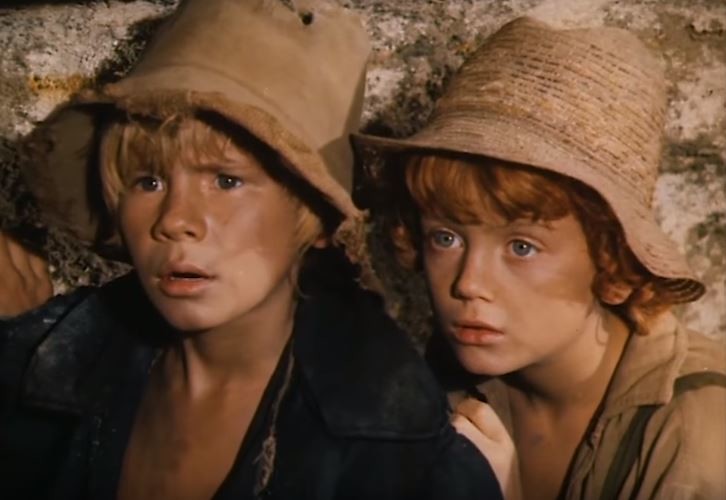
You will probably argue and say that Mark Twain is well known in the U.S. But nearly all Russian kids have read either The Adventures of Tom Sawyer, or The Adventures of Huckleberry Finn, the sequel about Sawyer’s friend.
The main reason for the popularity of these American characters was the brilliant Soviet film screening by state order. Also, let's keep in mind that the fictional town in Twain's book is actually called St. Petersburg!
By the way, Twain was one of the first American tourists to visit Russia, which he later recalled in a travel memoir, Innocents Abroad (1869), and in the early 1900s he hosted proletarian author Maxim Gorky in the U.S.
Here you can read more about Twain's visit to Russia.
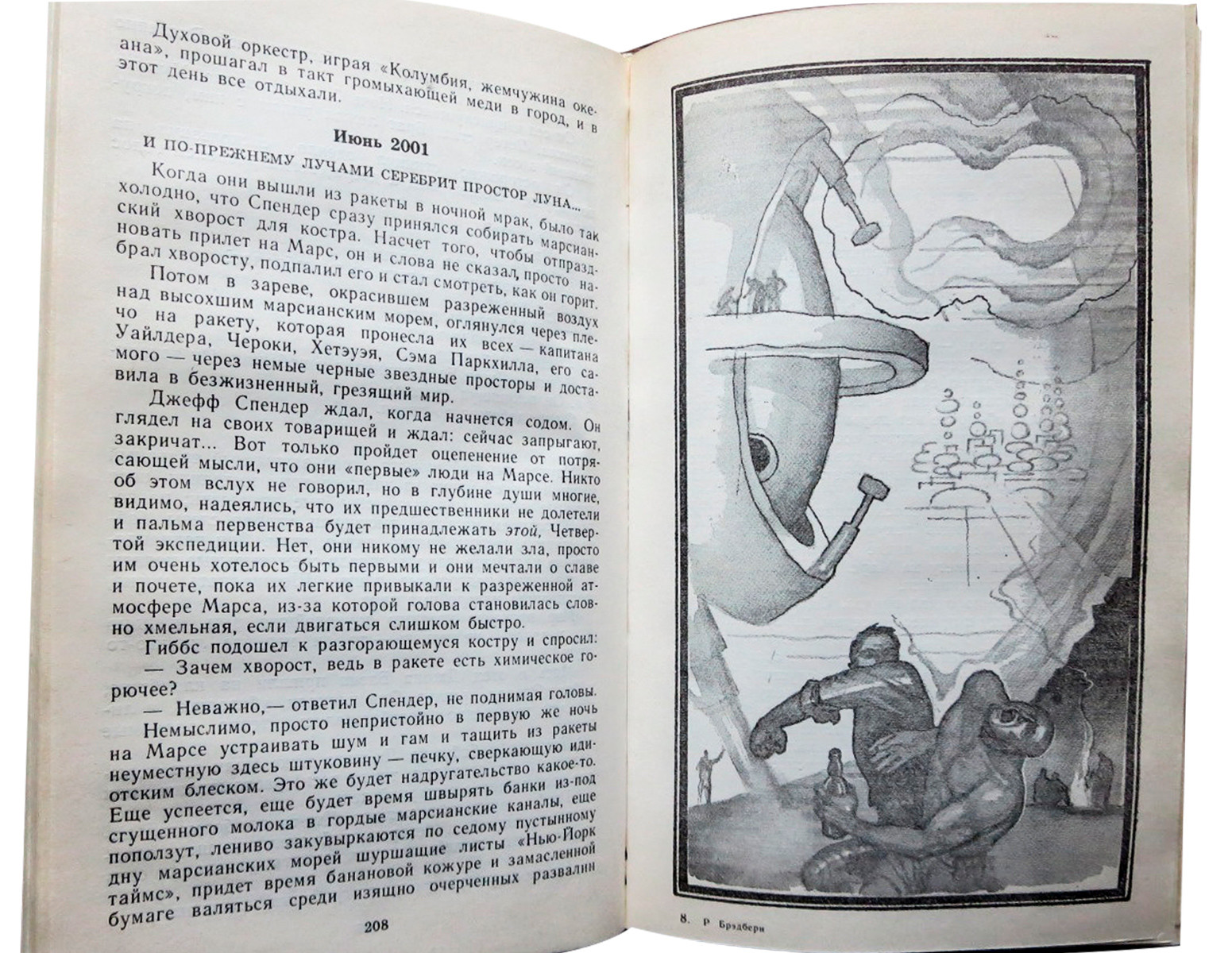
Americans under 50 might be not very familiar with this author, but nearly every Russian family has it on their bookshelf because the Soviets published a special edition of Bradbury’s The Martian Chronicles. Censors considered sci-fi literature amongthe least subversive, and generously rewarded such books with a huge print run.
Also, there were at least six screenings of the Chronicles’ episodes in the Soviet Union, as well as in modern Russia.
For some reason, in the course of the most recent decade Bradbury’s Dandelion Wine has become extremely popular among Russian youth, mostly hipsters.
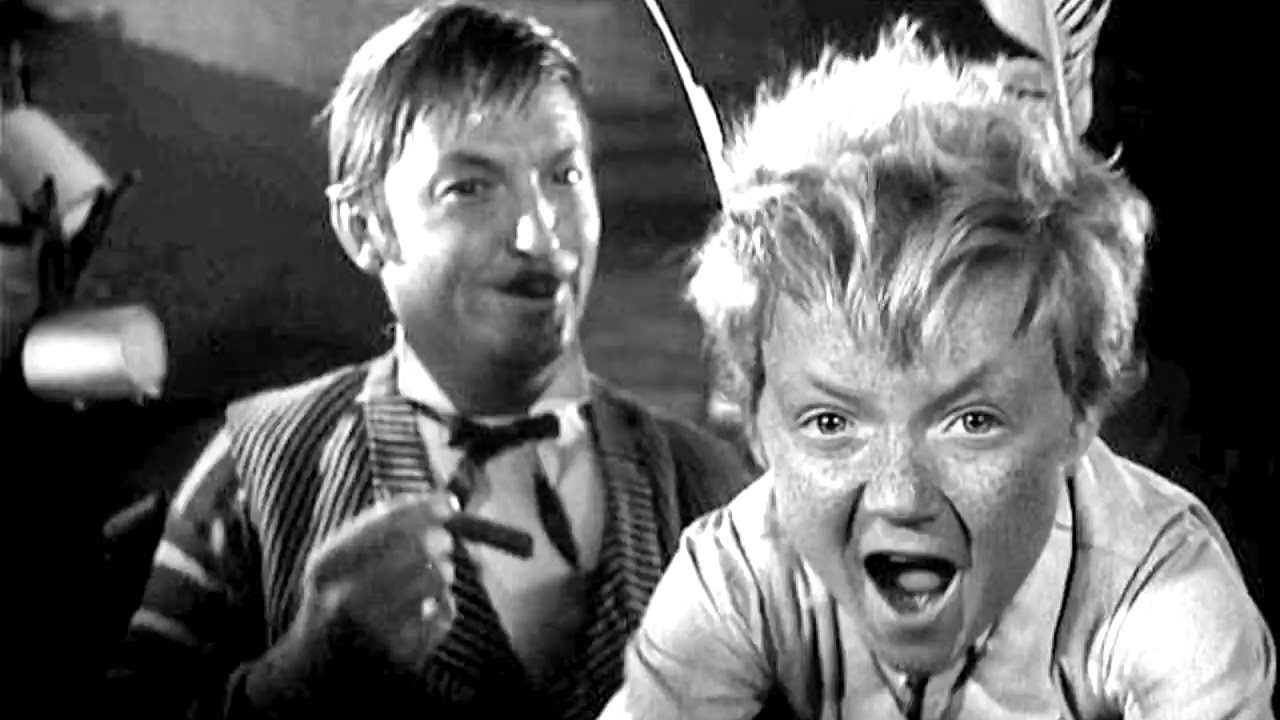
Several of this author’s short stories became very popular, such as “The Gift of the Magi.” Thanks to the iconic Soviet director Leonid Gaidai three of O. Henry’s novellas became familiar to the Soviet people. The 1962 movie, Strictly Business, wasbased on "The Roads We Take", "Makes the Whole World Kin", and "The Ransom of Red Chief".
As you might have already noticed, Russians love adventure stories based on historical plots, which they consider a little exotic. Particularly because of “The Ransom of Red Chief” many Russian kids still play by pretending that they are Indians, or just naughty boys.
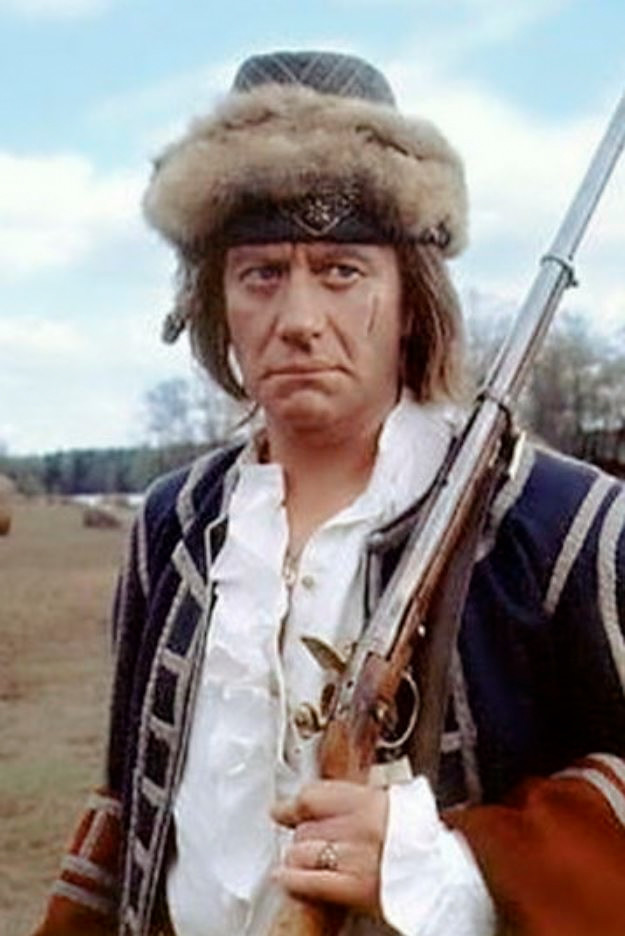
The first Russian translation of this book appeared in 1833, just several years after it was originally published in English. Throughout the 19th and 20th centuries it was translated anew several times.
Just like in English, “The Last of the Mohicans” became a popular aphorism in the Russian language, meaning a final, rare and unique example of anything. This book is now suggested to school students for summer reading.
However, neither Soviet nor Russian filmmakers screened this book - they chose another of Cooper’s works: The Pathfinder, or The Inland Sea. The role of protagonist Natty Bumppo was the last ever role for legendary Soviet actor Andrei Mironov.
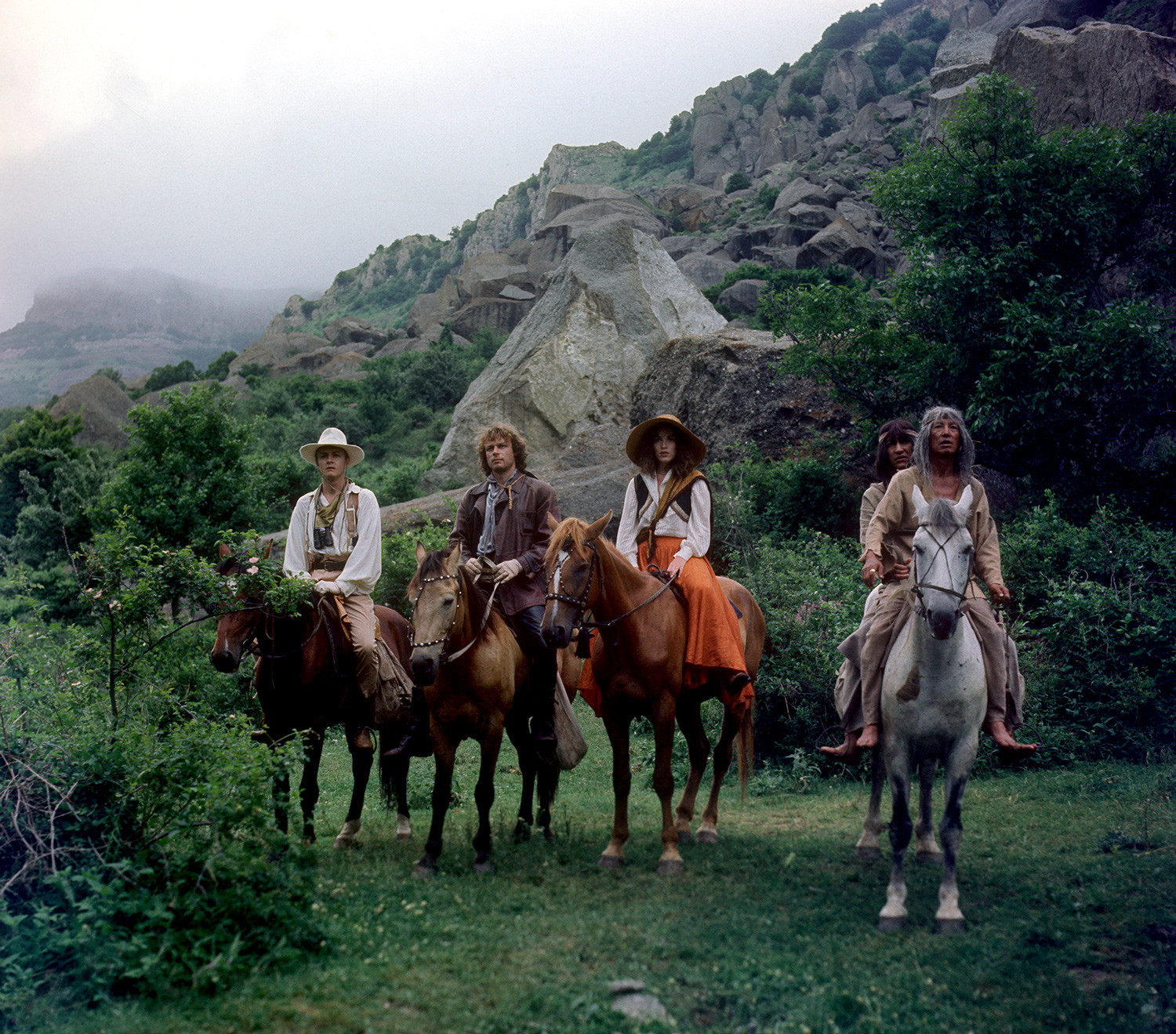
Have you ever heard of this author? Well, Russians know him very well. At school, most of us read White Fang, the story about a wolfdog during the Alaska Gold Rush. This story leaves Richard Gere and his Hachi dog’s tale far behind in terms of drama. And you know what? One of the first screenings of this story was filmed in the Soviet Union!
Another popular book by London was Hearts of Three. Actually, the author wrote it thinking that it might be an adventurous script for Hollywood, but the studio didn’t pay attention. However, the Hearts of Three was made into an extremely popular movie in 1992.
Most Russian kids, however, might think that London is a British writer. As you know, “London is the capital of Great Britain” is the first phrase that we learn during English classes.

Russians are big fans of dystopias and sci-fi. Let’s keep in mind that it was early 20th century Russian author Evgeny Zamyatin who actually inspired both Orwell’s 1984, and Huxley’s Brave New World. (Read more about him)
Therefore, our list includes Vonnegut’s description of the Dresden bombing during World War II that he witnessed while a prisoner of war, and from which he found shelter in a slaughterhouse. For sure, Soviet people were interested in reading anything related to World War II, especially when the Red Army liberated a country. Vonnegut’s work was for some time censored and banned in the U.S., but it was always extremely popular in the USSR.
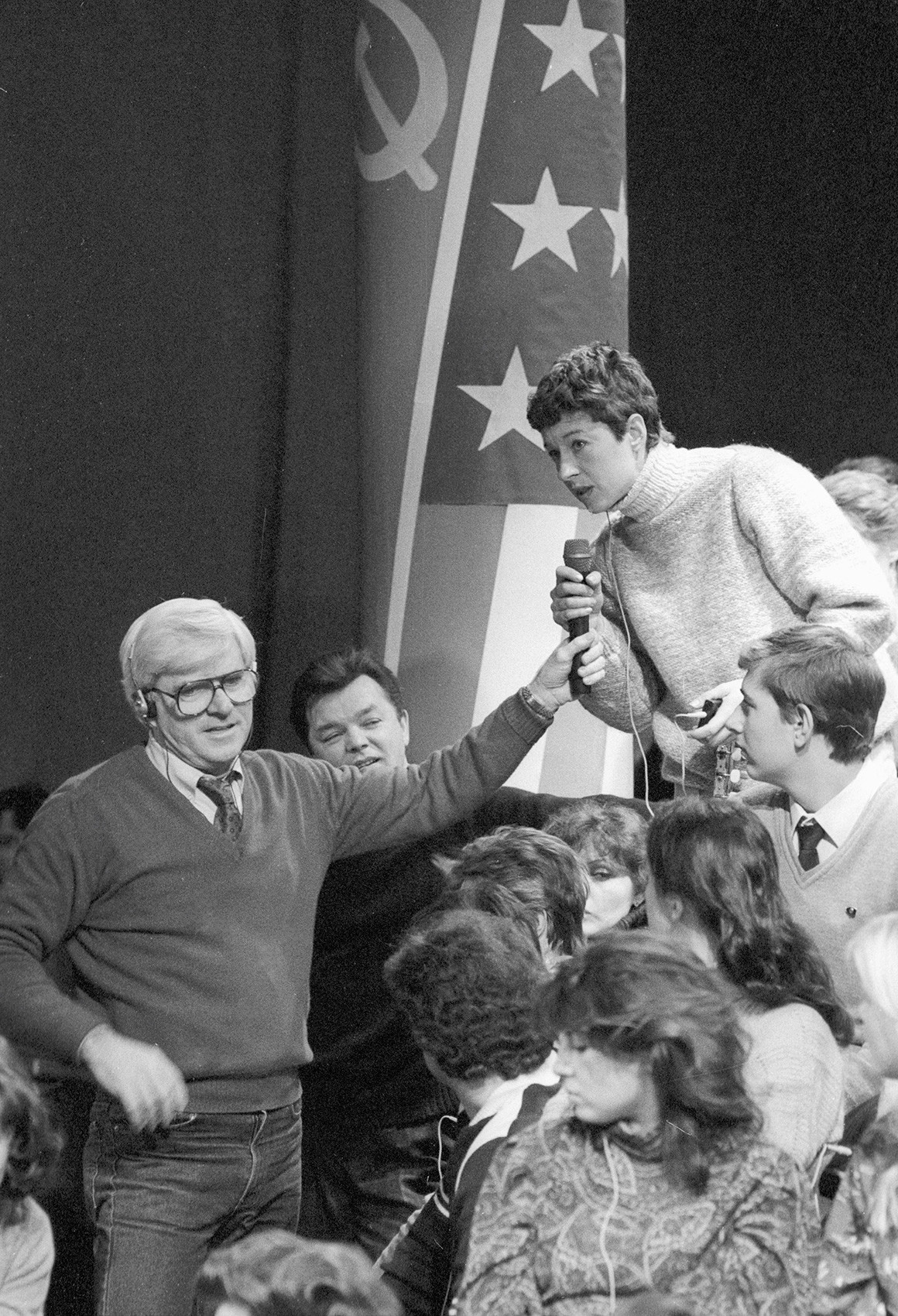
During the first ever Soviet-American TV bridge, in July 1986, a Russian woman said that if she goes to the U.S. only once then she’d prefer to visit Oxford, Mississippi - the hometown of writer William Faulkner. The American host, Phil Donahue, was extremely surprised both about the fact that the lady knew where Faulkner was born and that she even knew this writer, who is not well known in the U.S.
While Faulkner isn’t included in Russia’s obligatory school program, the Sound and Fury is part of all high school curricula for the humanities.
If using any of Russia Beyond's content, partly or in full, always provide an active hyperlink to the original material.
Subscribe
to our newsletter!
Get the week's best stories straight to your inbox